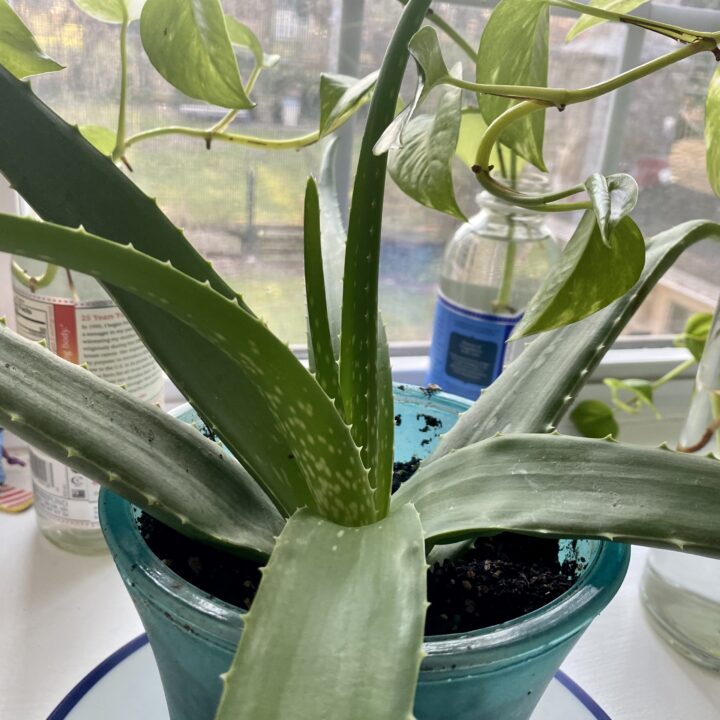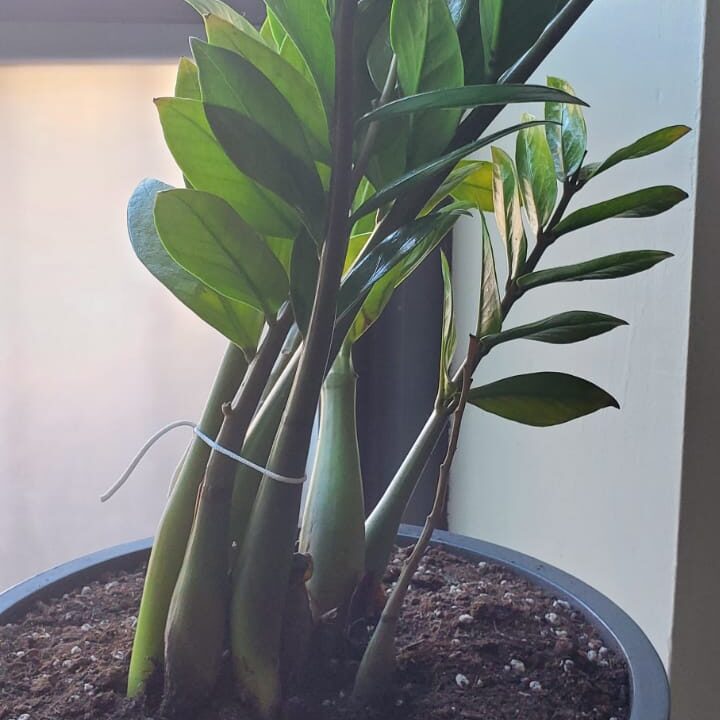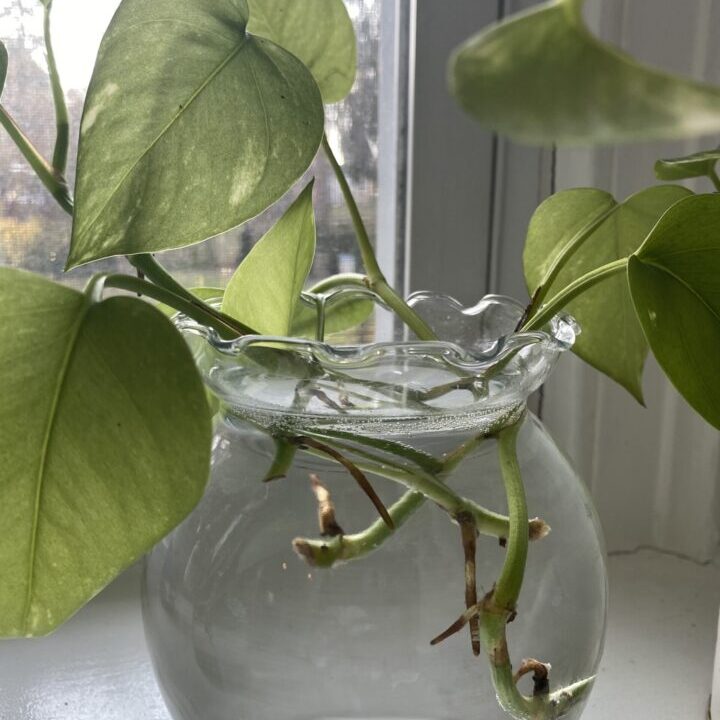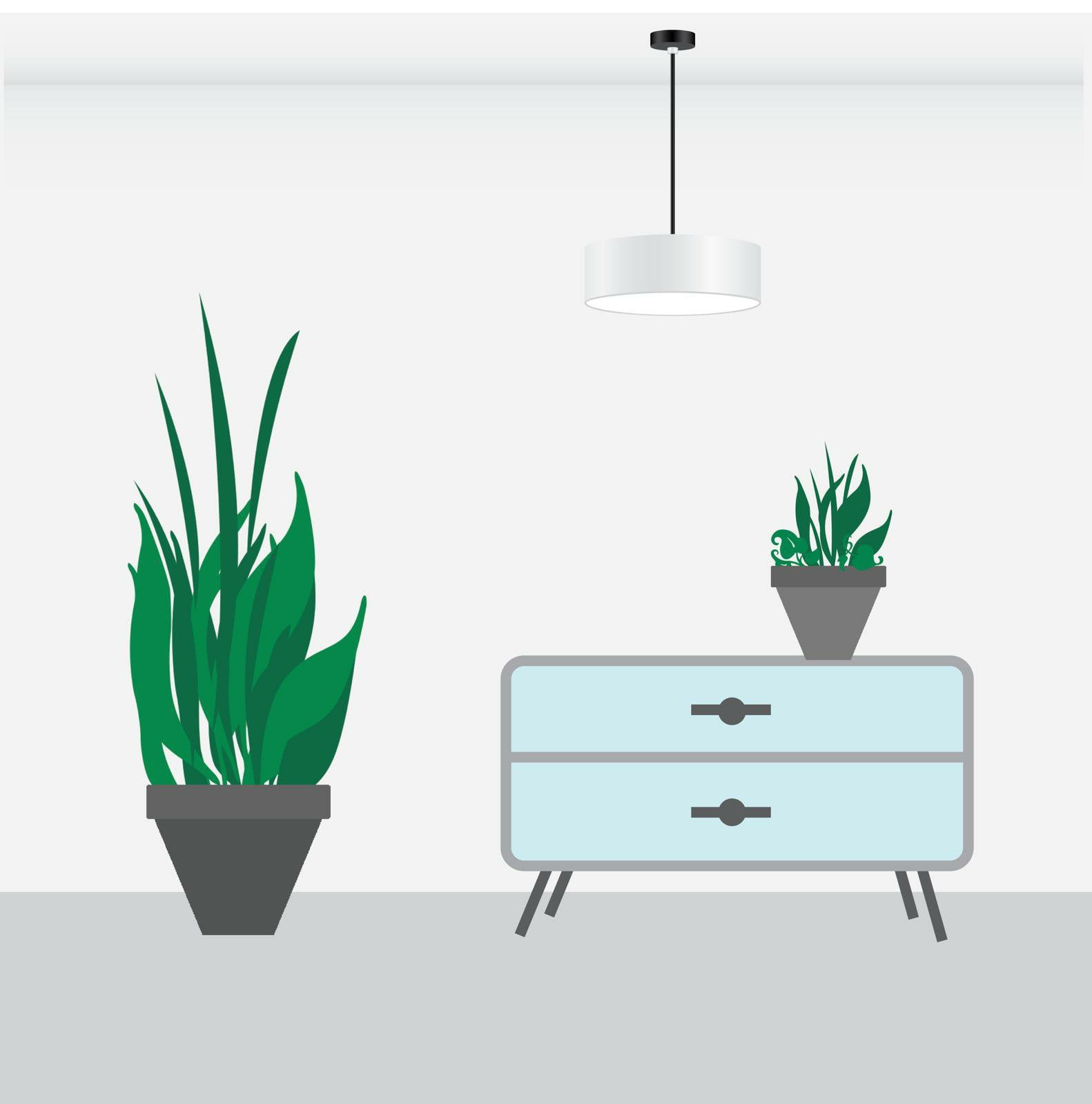Why should you get plants?
Lockdown has taken its toll on us all, especially on those living in cities restricted to their apartments. Since many people haven’t had access to nature since the pandemic started last, many have turned to house plants to satisfy that need. Owning house plants has many benefits, including purifying air, improving the vibe of environments by adding life, and giving people something to take care of in their free time.
Plants are a delicate and bright way to help decorate your space and being around plants has a positive effect on people’s mood, productivity, and creativity. Taking care of plants is a therapeutic and rewarding way to put time and energy into your own space, even when you aren’t feeling your best. Studies have shown that talking or singing to your house plants increases their growth rate because of the increased CO2, or maybe because they just like your company.
What kind of plant is right for you?
All plants need light, water, and somewhere to grow. Some plants are less work to take care of than others because they are less picky about their environments. Taking care of some plants is as simple as giving them water when their soil is dry, but some have more specific needs like what type of lighting they prefer or if they grow more after getting cut back. Some plants have different functions, like those that serve as decorations or herbs that you can use to cook or make cocktails.
If you struggle with remembering to water your plants but like to have greenery in your space, snake plants or aloe may be for you. Both aloe and snake plants come in many color variations and function as beautiful decorations. They are happy living in a pot on a windowsill or balcony with bright indirect light or in rooms with lower light. These plants are drought resistant; they only need to be watered every 2-4 weeks, depending on how much light they get. They’ll be just fine until you remember to water them. Although, for the truly forgetful, it may be a good idea to set a two-week recurring event in your phone calendar to remind you to give your plants some love.
If you can keep up with weekly watering and want to grow your collection, then pothos or zz plants may be a good choice for you. Pothos, zz plants, aloe, and snake plants are air purifiers that remove pollutants such as benzene, toluene, formaldehyde, carbon monoxide, and xylene from the air. They are slightly different: zz plants are plants that sprout bright green leaves upwards, while pothos are trailing plants that grow vines that hang down over the sides of their planter. They both need water every 7-14 days, depending on light conditions. These plants tend to grow faster in brighter conditions, but they can live in lower light. The most important thing to remember about pothos and zz plants is that they are toxic to cats, dogs, and people. To avoid accidental consumption, it is best to place them out of reach of pets and children.
Both of these are great plants for propagation. Propagating your plants gives you more plants without having to pay for them. With pothos, you can cut a vine at a node with at least one leaf and put it in water. Glass bottles, like kombucha or wine bottles, are great vessels to use for propagation. Fill the bottle with water and add your cutting with the node in the water. Once there are about two inches of root growth, transfer it to a new pot or back to the original to create a full curtain of pothos. Zz plants tend to do better with propagation by division. You can do this by removing the plant from its pot, dividing the plant in half or more depending on its size, and then repotting the resulting plants. This method allows the new plants plenty of room to grow.
If you can keep up with regular watering and like to cook, an herb garden may be a great fit for you. Basil, mint, sage, and rosemary are all versatile herbs that grow well indoors. Rosemary is the easiest to manage, only needing water every 1-2 weeks. Basil, mint, and sage need more attention because they require water every 2-3 days; their leaves wilt when they need water. You have to harvest these plants semi regularly to prevent them from flowering. It’s easy to keep up with if you are using them occasionally in the kitchen. You can plant rosemary, basil, and sage in one large planter, but it’s best to keep mint in its own pot because it tends to smother other plants.
Where can you go to get plants?
All of the plants mentioned above are common and generally easy to find regardless of where you live. Local plant nurseries are a reliable option when buying plants or supplies like potting soil or planters. Some grocery stores, like Trader Joe’s, tend to sell house plants and herbs. The Sill, Bloomscape, Horti, and Home Depot all have online options for ordering plants to your house. The Sill, Bloomscape, and Horti also have subscription services that will deliver new plants to your home already potted and ready to go.
Wherever you buy your plants from, it’s always good to remove them from the container they come in and repot them. You should repot them to check that your new plant’s roots are healthy and not rotted or root-bound. You can either put them back into the original container or a new container. With the added charm of window flower boxes, your space will be even more inviting and beautiful. For more information on how to take care of your plants, The Sill, Bloomscape, and Horti have portions of their sites dedicated to plant care and advice and, in a pinch, you can always google specific questions.
If you are just getting into owning plants or are just looking to shake up your collection make sure to do your research when buying plants. The easiest way to get plants that will thrive is match their needs with care you can reliably provide for them. Remember sometimes plants die, it’s an unavoidable truth of owning a living thing. If a plant of yours dies, try to understand what may have gone wrong and try to not repeat the mistake in the future. Life is about living and learning so just do your best.



Article: Dana Feeney






